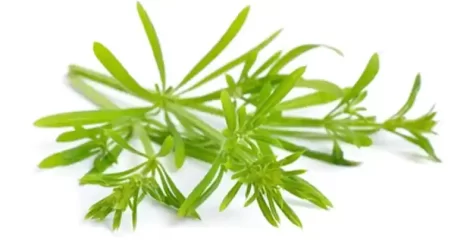Fig Sap: Collecting and Preparing Nature’s Hidden Elixir

Fig sap, often referred to as nature’s liquid gold, is a milky substance derived from the fig tree (Ficus carica). This natural remedy has been used for centuries in traditional medicine for its wide-ranging benefits. While many are familiar with the health perks of figs, the sap remains relatively unknown to most. This article explores how to collect and prepare fig sap, focusing on ten common methods to utilize its potential.
What is Fig Sap?
Fig sap is the white, sticky liquid that exudes when a branch or fruit of the fig tree is cut or damaged. Rich in enzymes and bioactive compounds, it’s often used in natural remedies for skin issues, digestive health, and even as a natural exfoliant. However, because of its potency, it must be handled and prepared carefully to ensure safety and effectiveness.
Collecting Fig Sap: A Step-by-Step Guide
- Choosing the Right Tree
Select a healthy fig tree that’s free from diseases or pests. Younger branches and unripe fruits tend to produce more sap. - Optimal Timing
Collect sap early in the morning when the tree’s natural fluids are at their peak. - Required Tools
- A sharp knife or pruning shears
- A clean glass jar or small container
- Gloves (to avoid skin irritation)
- Collection Process
- Identify a young branch or an unripe fruit.
- Make a small incision at an angle.
- Allow the sap to drip into the container. Avoid touching it with bare skin.
- Storage Tips
Fresh sap can be stored in a clean glass jar. For longer storage, mix it with a natural carrier like olive oil or honey.
10 Common Ways to Prepare and Use Fig Sap
- Diluted Topical Application
- Preparation: Mix a few drops of sap with water or aloe vera gel to reduce potency.
- Usage: Apply to warts, calluses, or minor skin issues.
- Natural Skin Exfoliant
- Preparation: Combine fig sap with a teaspoon of sugar and a few drops of lemon juice.
- Usage: Gently rub on the skin to remove dead cells and improve texture.
- Herbal Tincture
- Preparation: Mix one part fig sap with three parts alcohol (like vodka) and store in a dark glass bottle for two weeks.
- Usage: Use as a digestive aid by adding a few drops to water.
- Infused Oil
- Preparation: Blend fig sap with olive or coconut oil and let it sit for a week.
- Usage: Apply as a moisturizer for dry or cracked skin.
- Sap Tea
- Preparation: Add a drop of sap to hot water along with ginger or mint leaves.
- Usage: Sip to support digestion or soothe a sore throat.
- Wart Removal Paste
- Preparation: Mix sap with crushed garlic to create a thick paste.
- Usage: Apply directly to warts and cover with a bandage.
- Soothing Balm
- Preparation: Heat fig sap with beeswax and a carrier oil until melted. Let it cool in a container.
- Usage: Use as a balm for minor cuts or dry skin.
- Sap Compress
- Preparation: Dilute sap in warm water and soak a clean cloth.
- Usage: Place the cloth on inflamed or sore areas for 15–20 minutes.
- Homemade Lotion
- Preparation: Mix fig sap with shea butter and essential oils like lavender.
- Usage: Apply for hydration and skin rejuvenation.
- Anti-Acne Spot Treatment
- Preparation: Combine sap with honey to reduce its harshness.
- Usage: Dab onto acne spots and leave overnight.
Safety Precautions
- Avoid Direct Contact: Undiluted fig sap can cause skin irritation or allergic reactions. Always use gloves and dilute before application.
- Test First: Apply a small amount to a patch of skin to check for any adverse reactions.
- Storage: Fresh fig sap should be used quickly or stored properly with preservatives.
Harnessing the Power of Fig Sap
Fig sap offers incredible benefits, but its true potential lies in how it’s collected and prepared. From topical remedies to homemade balms, the versatility of this natural elixir is unmatched. For beginners, start with simple preparations like diluted topical applications or infused oils before exploring more advanced uses like tinctures or balms.
Disclaimer
Fig sap is potent and should be used with care. Always consult a healthcare professional before using fig sap for medical purposes, especially if you have sensitive skin, allergies, or existing medical conditions. Avoid ingesting undiluted sap.



















